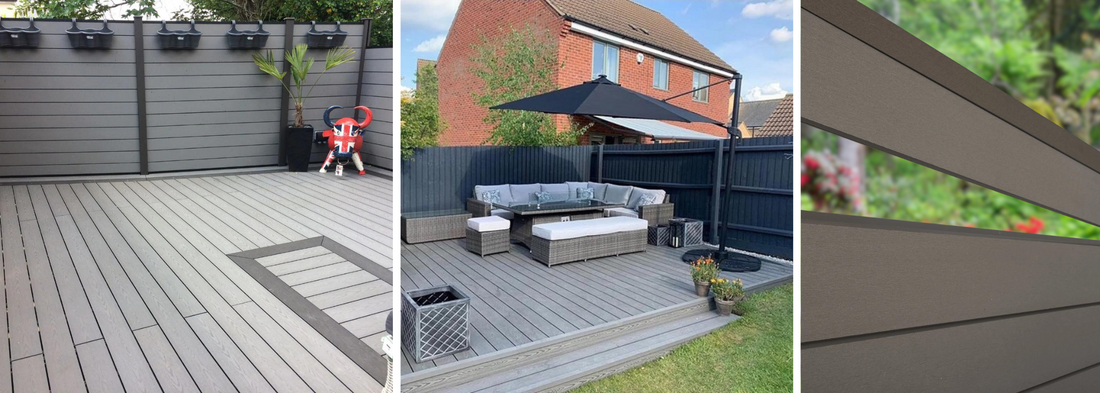
Tools for Fitting Composite Fencing
Essential Tools for Fitting Composite Fencing: A Handy Guide
Fitting composite fencing is a rewarding DIY project, enhancing both the security and aesthetic of your outdoor space. To ensure a smooth installation, it's crucial to have the right tools at hand. Here’s a list of essential tools for fitting composite fencing:
-
Measuring Tape: Precision is key in fencing installation, and a reliable measuring tape is indispensable for accurate measurements.
-
Spirit Level: Ensuring your fence posts and panels are level and plumb is crucial for a professional finish. A spirit level is your go-to tool for this task.
-
Circular Saw: Composite fencing panels may require cutting to fit specific dimensions. A circular saw with a fine-toothed blade will make clean and precise cuts.
-
Cordless Drill/Driver: A versatile tool for drilling pilot holes and driving screws into the fence posts and panels.
-
Post Hole Digger: For installations involving fence post spikes, a post hole digger will ease the process of creating holes for the spikes.
-
Sledgehammer: Essential for driving fence post spikes into the ground, especially in softer foundation areas.
-
String Line: To maintain straight and level lines for your fence over longer distances, a string line is very useful.
-
Utility Knife: For trimming composite boards or making precision cuts. This tool ensures a clean, professional finish.
-
Jigsaw: If your fencing design includes intricate shapes or specific cutouts, a jigsaw is essential.
-
Safety Gear: Don't forget to equip yourself with safety glasses, gloves, ear protection, and a dust mask for protection against potential hazards during the installation process.
Equipped with these tools, you'll be well-prepared to tackle the installation of your composite fencing, resulting in a durable and visually appealing boundary for your property.
